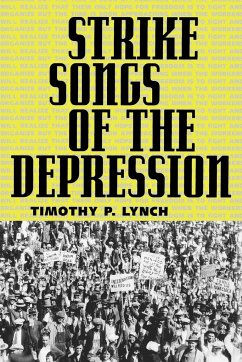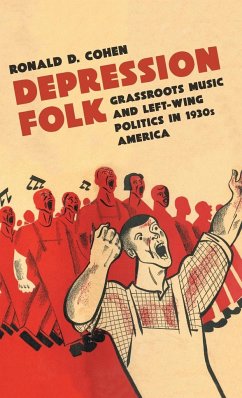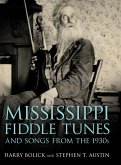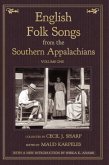The Depression brought unprecedented changes for American workers and organized labor. As the economy plummeted, employers cut wages and laid off workers, while simultaneously attempting to wrest more work from those who remained employed. In mills, mines, and factories workers organized and resisted, striking for higher wages, improved working conditions, and the right to bargain collectively. As workers walked the picket line or sat down on the shop floor, they could be heard singing. This book examines the songs they sang at three different strikes: the Gastonia, North Carolina, textile mill strike (1929), Harlan County, Kentucky, coal mining strike (1931-32), and Flint, Michigan, automobile sit-down strike (1936-37). Whether in the Carolina Piedmont, the Kentucky hills, or the streets of Michigan, the workers' songs were decidedly class-conscious. All show the workers' understanding of the necessity of solidarity and collective action. In Flint the strikers sang: The tr
Hinweis: Dieser Artikel kann nur an eine deutsche Lieferadresse ausgeliefert werden.
Hinweis: Dieser Artikel kann nur an eine deutsche Lieferadresse ausgeliefert werden.








